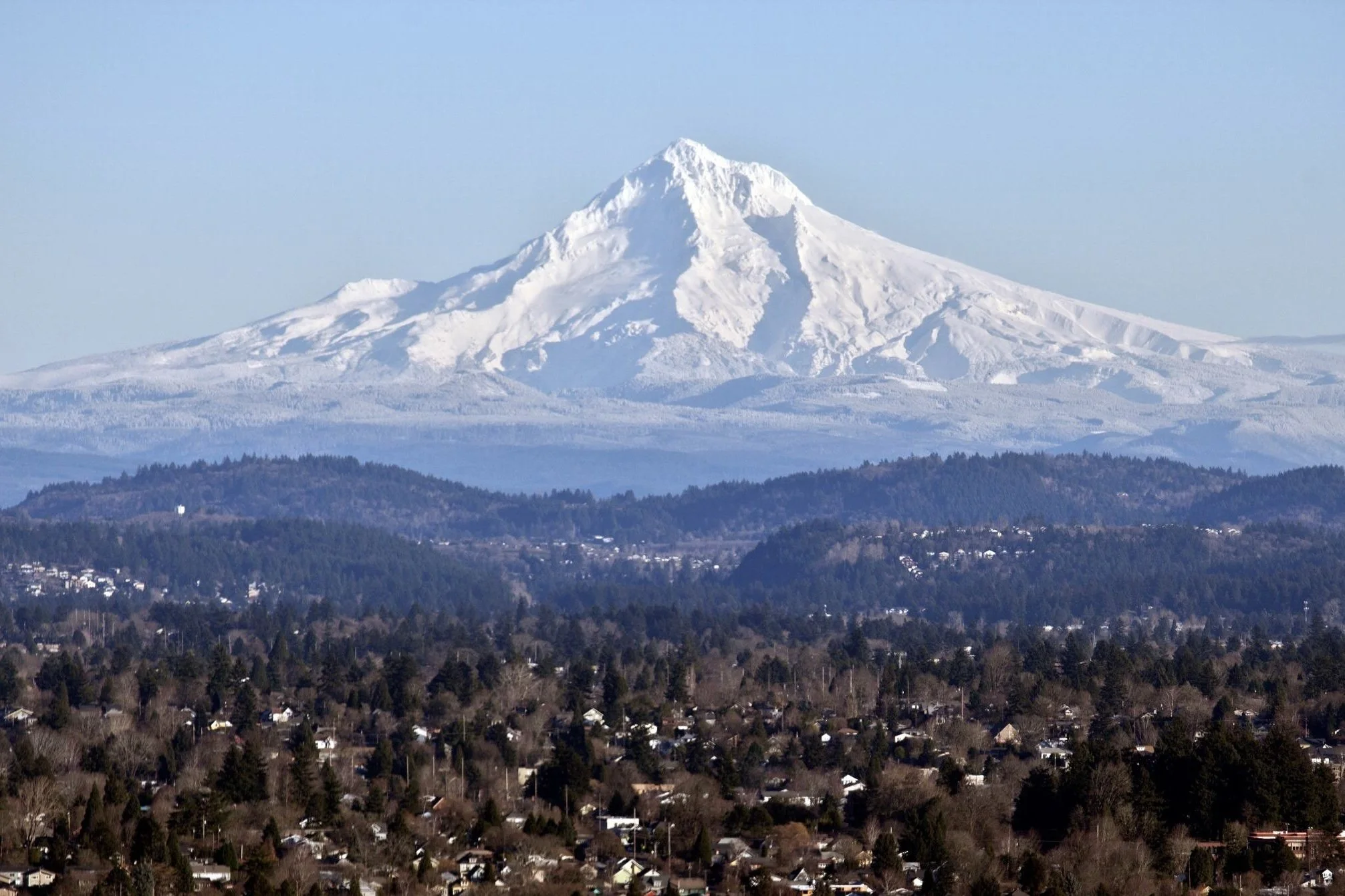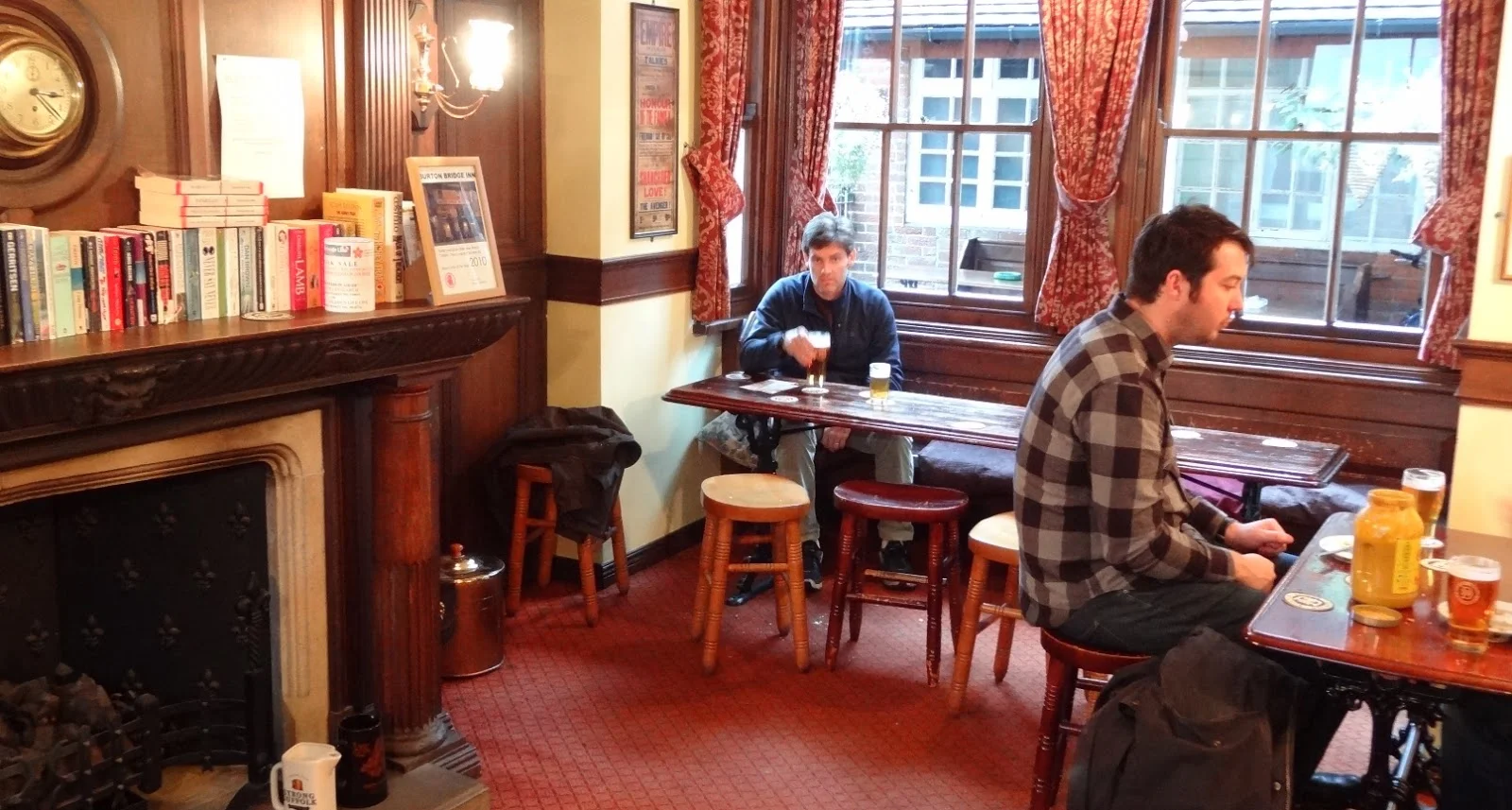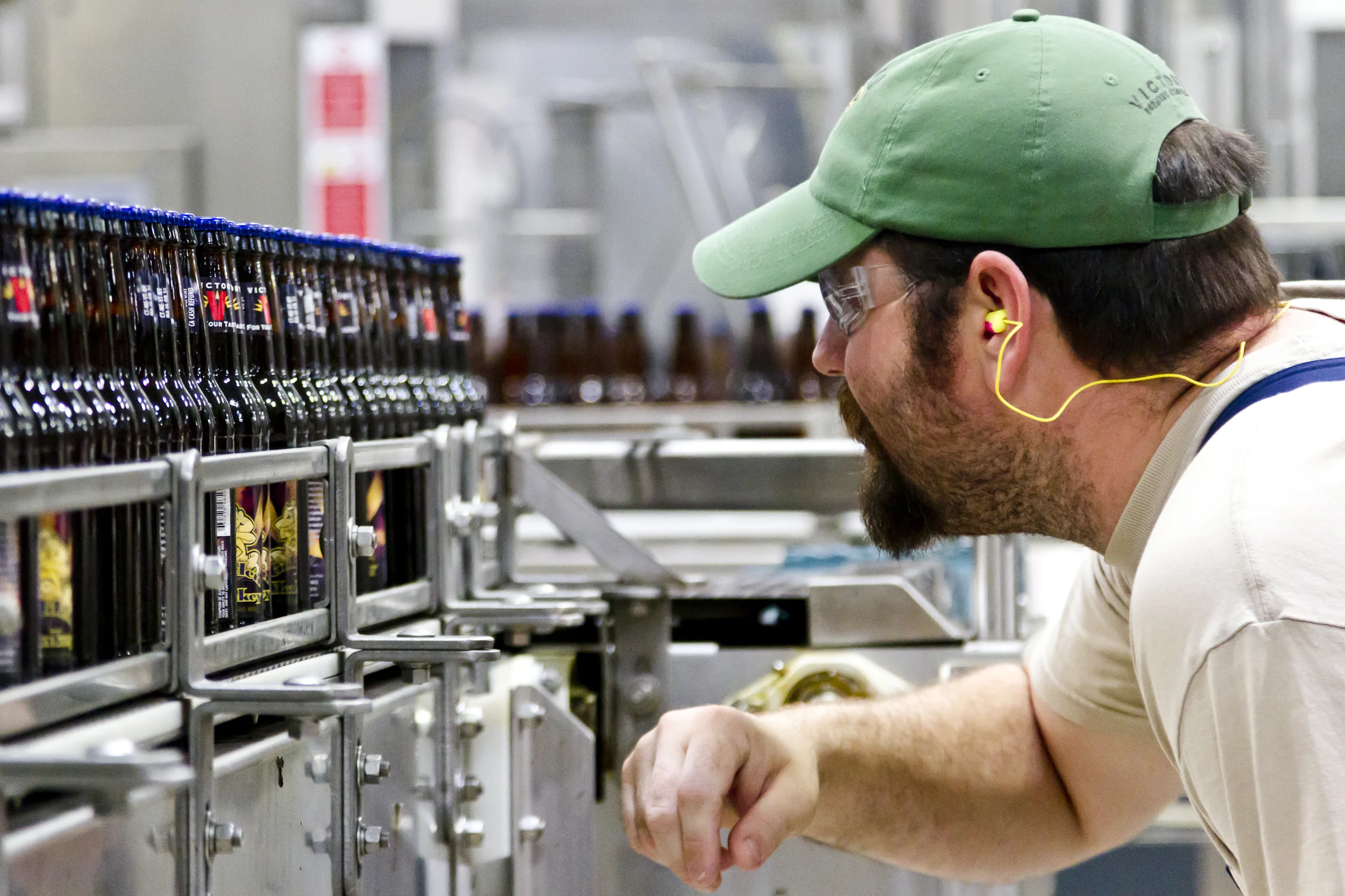My grandparents arrived in Eastern Oregon in the 1930s and raised their two daughters in various farming communities. One of them stayed, married, and has been farming around Vale since the 1950s. But one of them--my mom--decided to head off to the big city to seek her fortune. Thus was I born and raised (mostly) in Boise, Idaho. I made my way back to Oregon to attend college here, arriving when I was just a few years younger than my grandparents had been fifty years before me. That was 1986.
Read MoreIn Zen Buddhism, satori is the moment of sudden enlightenment when the mind realizes its own true nature. The Satori Award honors a debuting beer that in a single instant, through the force of tastiness and elan, produces a flash of insight into the nature of beer. I award it for the beer released in the previous year (roughly) by an Oregon brewery (roughly) for a regular or seasonal beer.
Read More“Everybody thinks Belgium when you say beer. In this region, we are not so famous compared to Belgian breweries--but the history is the same.... That’s why I say to my colleagues that they should write ‘bière de garde’ on the label because it’s profitable for everybody. We want to be different from Belgium and we want the people, especially in America, talk about French beer. Bière de garde is something you can say, okay, it’s a French style.
Read MoreBoak and Bailey direct us to a report by Britain's Campaign for Real Ale (CAMRA), which is trying to figure out what its mission is in the age of craft beer. This presents the organization with an entirely new set of challenges than the ones it was created to address. Confronted with an influx of mass market lagers and cheapo non-cask knockoffs, a group of drinkers in the 1970s set about trying to protect full-flavored ales served on natural carbonation at the pub.
Read MorePaging through Google search results, I see they got a massive amount of press for this, nearly all of it happy to goose the hype machine. (Admittedly, combining "AI" and "beer" is genius clickbait and I kick myself for not thinking of it first.) For some reason, there's a new round of hype, which is how I stumbled on this just now.
Read MoreAsahi is an interesting company. It was the first brewery to introduce "dry beer" back in 1987, and Asahi Super Dry became an influential hit in Japan. That allowed the company to grow, and it began doing all those things we expect from big breweries: entering in agreements with other bigs (Miller, 1995), expanding into other markets (five breweries in China opened by 1999), adding liquor to its portfolio (early '00s), and finally adding food products a couple years later.
Read More













